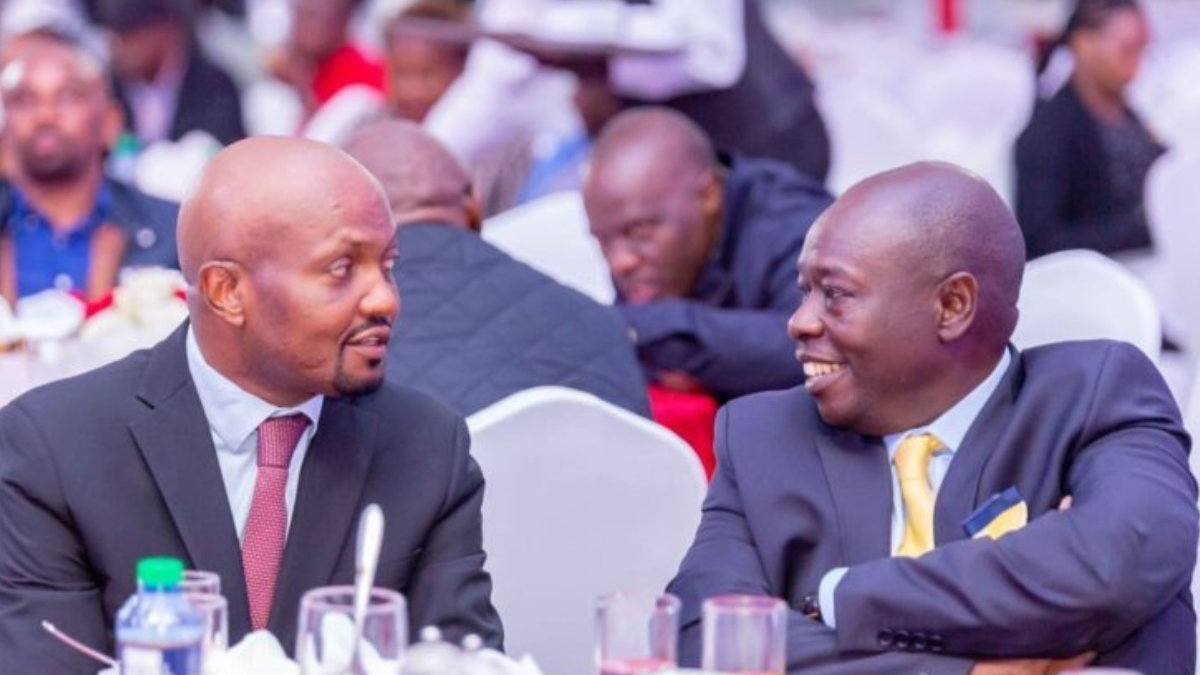President William Ruto’s senior economic advisor, Moses Kuria, has attributed the downfall of former Deputy President Rigathi Gachagua to his own actions, citing impatience and poor decision-making.
In an interview, Kuria expressed disappointment, stating that Gachagua should have exercised more patience and sought dialogue instead of abandoning commitments made with President Ruto. He noted that disagreements are inevitable in any setting, including homes, businesses, and governments, but how they are handled determines the outcome.
“Just a little patience and engagement would have changed things. I was only a minister, but this guy had a privileged position and chaired cabinet committees. I solely blame him for his own downfall. It’s not always rosy, but sensitivity is key,” Kuria remarked.
The former Trade Cabinet Secretary emphasized that Gachagua’s public disagreements with the President came prematurely, arguing that the former DP should have waited for at least four or five years before taking such steps.

“I feel embarrassed to be associated with a community that believes leadership must always be about them. Rigathi Gachagua should have given it time—three, four, or even five years. Instead, he has already announced plans to form his own party, and while others may be excited, I am not,” Kuria added during an appearance on Citizen TV.
Despite their differences, Kuria maintained that Gachagua remains his friend. He clarified that he did not initially support Gachagua’s impeachment but was eventually left with no choice due to the former DP’s actions.
“Gachagua and I have a long history. We campaigned together, served in Parliament, and he was my boss in the Cabinet. I treated him with utmost respect. Unfortunately, he made decisions that left me with no option but to support his removal from office,” Kuria explained.
The remarks come amid reports of Gachagua’s ongoing efforts to launch his own political party, signaling a potential shift in the political dynamics of the Mount Kenya region. Kuria’s sentiments reflect the growing divisions within the political landscape and underscore the challenges faced by leaders navigating complex alliances.







More Stories
Optiven Launches Exciting Easter Bonanza for Real Estate Investors
Kenya Eyes Stronger China Ties at Global Digital Trade Expo Forum
Viktorija Radman appointed Mobile Ecosystem Forum Board member